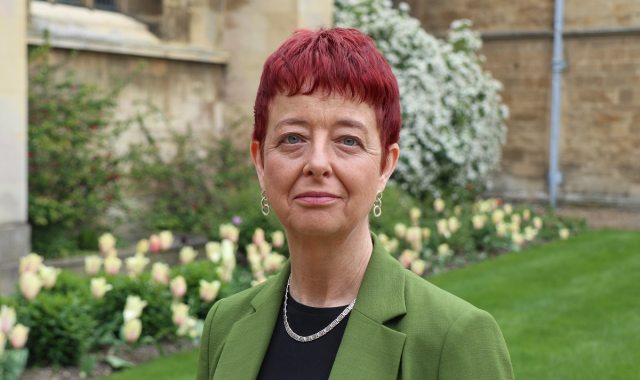R.O. Whyte PhD Studentship
The college intends to award a PhD studentship from October for three years, subject to satisfactory progress in the first year, in the ecology of monsoonal and equatorial Asia. The Studentship has been funded through the R.O. Whyte Fund.
The purpose of the fund is to promote research on the applied aspects of ecology in monsoonal and equatorial Asia and its relation to human affairs and integrated rural development in general. Monsoonal and equatorial Asia is defined as Pakistan to Japan, but with special emphasis on east Asia and southeast Asia – Brunei, Burma, Hong Kong, Indonesia, Laos, Kampuchea, Macao, Malaysia, the People’s Republic of China, Philippines, Singapore, Thailand and Vietnam. The benefaction is intended to support research in the broad fields of applied ecology, plant, animal and human. This will incorporate field studies of undisturbed and secondary biological ecosystems, crop and animal husbandry, horticulture, forestry, the use, management and conservation of land, rural sociology and nutrition (particularly of women and children). These studies may be supported by field and laboratory work in botany, zoology, climatology and biogeography; soil science and hydrology; the conservation of genetic resources of crops and livestock; and environmental conservation in rural Asia in general.
The successful candidate should spend at least a year in Cambridge, working as members of the College, perhaps for both a period of preliminary study before undertaking fieldwork, and another period on return to write up results.
This Studentship is for three years subject to satisfactory progress in the first year. The studentship usually covers University fees and a maintenance allowance plus a research allowance of £2,000 pounds during the tenure of the studentship. The final value of the Studentship will be determined after consideration of the successful candidate's income from other sources. Students should also apply for studentships or other research awards for which they may be eligible.
Candidates will be expected to be of outstanding academic ability. Tenure of a Whyte Studentship is conditional upon the elected student being accepted for admission to the University by the Postgraduate Admissions Office (PAO). Preference is given to those who put Caius as their first-choice college. The award of a studentship may be conditional upon the candidate's obtaining satisfactory results in their final degree examinations.
Robert Orr Whyte (Caius 1926)
Robert was the son of Robert Orr Whyte, a medical practitioner from Cambridge. Born in Ayrshire in 1903, he was educated at Victoria University, Wellington, New Zealand and was admitted to Caius in 1926 to study for a PhD in Botany. On completing his PhD in 1929, he was appointed Chief Officer at the Imperial Bureau of Plant Genetics in Aberystwyth, an organisation later renamed as The Commonwealth Bureau of Pastures and Field Crops, of which he became the Director.
In the 1950s he worked for the United Nations Food and Agriculture Organisation, in Rome, and took part in FAO missions to India and Japan. In 1966 he moved to the University of Hong Kong, where he did research on applied ecology of monsoonal and equatorial Asia.
He was the author of numerous books in Asian Ecology including Rape of the Earth: A world survey of Soil Erosion (1939, with Graham Jacks , Crop Production and Environment (1960), Grasslands and Fodder resources of India (1964) and Grasslands of the Monsoon (1968).
He died on 31 October 1986.

